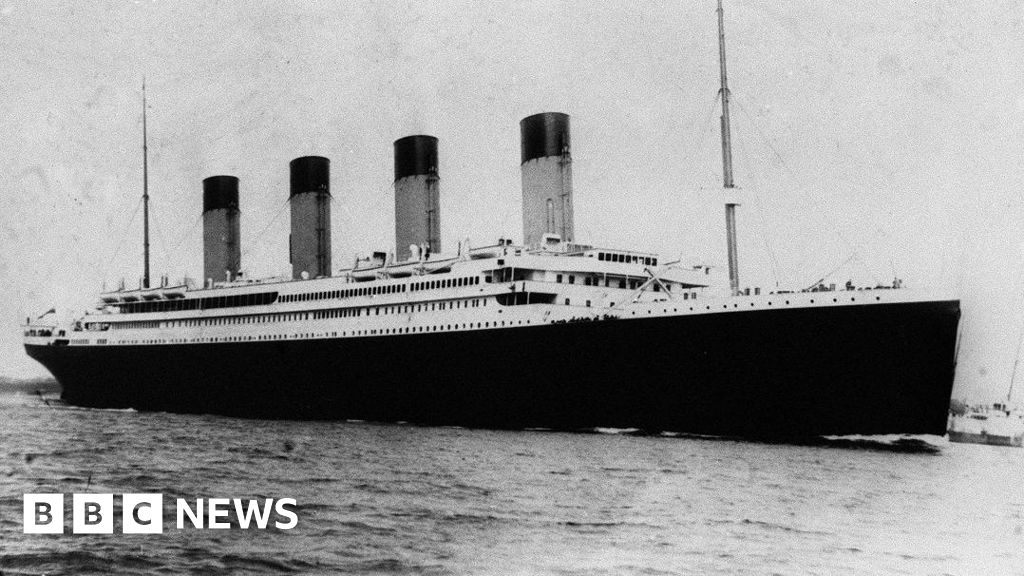News

The sinking of the Titanic continues to fascinate people more than a century later and a new exhibition in Manchester is allowing visitors to experience first-hand the story of its ill-fated passengers.
Visitors will be given a “boarding pass” of a real person who embarked on the infamous ship’s maiden voyage from Southampton in April 1912.
Registered in Liverpool, what was then the world’s largest ocean liner also carried many crew members from the port city when it set sail for New York.
Passengers were accommodated according to class, with the elite enjoying luxuries and stylish surroundings, as featured in the 1997 Oscar-winning film starring Kate Winslet.
One of her outfits from the movie is on display along with an ornately-carved section of the impressive staircase that was a focal point for first-class passengers.
Exhibition manager Joe Levy said: “It’s believed to be the largest surviving fragment of the grand staircase.
“It was retrieved from the surface of the sea just after the sinking of the Titanic and so that’s why it’s so well preserved.”
Explorer Dik Barton, who has been to the wreck site 22 times and is giving talks at the exhibition, described the underwater location as “so deep”.
“It’s dark and you can only see what you can light up.”
Three days into the Titanic’s voyage on 14 April, it struck an iceberg in the Atlantic resulting in its sinking and the loss of more than 1,500 lives, while 706 survived.
Wooden deckchairs were used to help people desperately try to stay afloat and a surviving chair is also among artefacts on display.
Among other retrieved items is a sheet of music from bandleader Wallace Hartley, from Colne in Lancashire, who led his fellow performers as they famously continued to play as the ship sank.
Mr Levy said: “This sheet music was kept inside his violin case and it was very tragically retrieved from his body.
“One of the fantastic things about being in Manchester is there are so many connections between the Titanic and north-west England.”
Visitors will find out about the fate of the real passengers who held their allocated boarding pass at the end of the exhibition.
One woman said: “I feel so detached from it when I see it on TV and you come here and it makes it more real.”
Another visitor said the display taught her about the “cutbacks that they did that might have saved people”, adding: “I didn’t realise it was that big with swimming pools.”
The exhibition, which requires booking, runs at Manchester Central’s Exchange Hall until 24 August.

